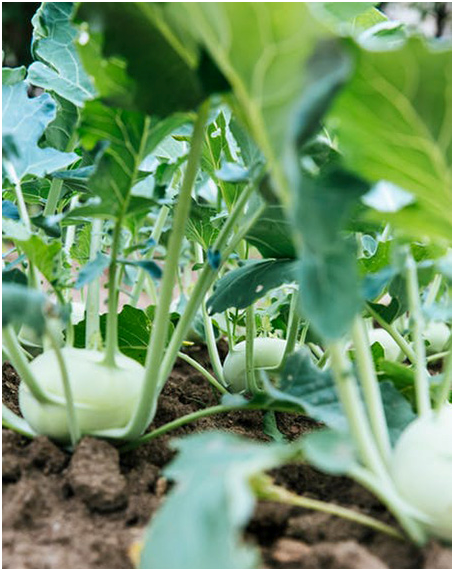Let’s talk about growing your own food. There’s been a lot more talk about it lately, and it’s no wonder. With the rise in the cost of living there’s been a growing interest in cultivating our own food. People are also getting a bit worried about what’s in our food, and who can blame them? With all the talk of pesticides, GMOs (genetically modified organisms) and the like, it’s tempting to want to know exactly what’s going into your body.
Now, I’m not saying shop-bought food is terrible. It’s a lifesaver for most of us. But there’s something truly special about biting into a homegrown tomato, warm from the sun. It’s a taste sensation!
I get it though, growing your own can seem like a big commitment. It’s not for everyone. But if you’re keen to give it a go, let’s get started.

Soil quality is important. Investing in high-quality soil will provide a strong foundation for your plants. Careful site selection is also crucial. Choose a location that receives ample sunlight. Proper garden preparation will save you headaches in the long run.
The key is to start small. Don’t bite off more than you can chew (pun intended!). Maybe try a few different veggies.
Soil is your garden’s best friend. Invest time and effort in improving the quality of your soil. And pick a spot that gets plenty of sunshine. Spend some time getting it ready – it’ll pay off in the long run. Dig in lots of compost in the Autumn to rot down over the winter. If your soil is heavy clay dig in some sand or grit to help break it up.
Seeds!
Seeds are where it all begins. I’m a big fan of starting from scratch, rather than buying seedlings. You’ve got more control that way. Just make sure you get good quality, organic seeds.
Patience is a virtue in gardening. Don’t expect instant results. Most things take a good few weeks to grow. But hey, there are quick wins like microgreens. They’re packed with nutrients and ready to harvest in no time.
Be Patient
Unlike a trip to the supermarket, where instant gratification is the norm, gardening requires patience. Most plants need several weeks, if not months, to mature before harvest. While this might seem daunting, it’s important to remember the rewards.
For those seeking quicker results, consider micro-greens. These tiny edible plants can be harvested in as little as two weeks. Research suggests that they are particularly nutrient-dense.
Gardening is a journey, not a sprint. It involves careful planning, preparation, and consistent care. The investment of time and effort is undoubtedly significant, but the taste, health benefits, and satisfaction of enjoying homegrown produce make it a worthwhile endeavour.